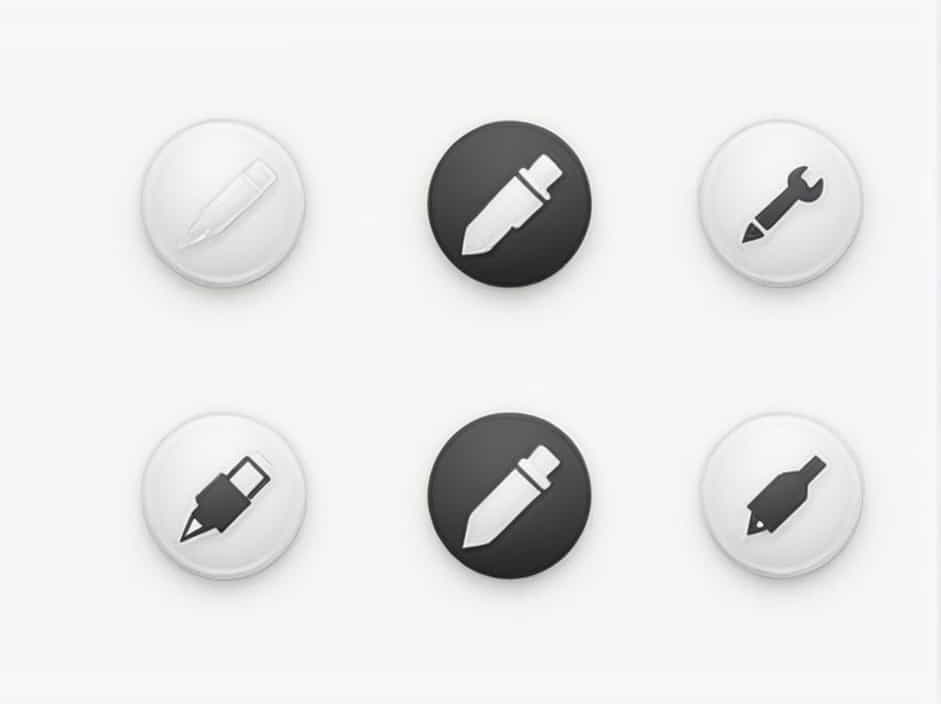The word “crook” has multiple meanings in the English language. It can refer to a criminal, a bent or curved object, or even a shepherd’s staff. The meaning of the word depends on the context in which it is used.
This topic explores the different definitions, origins, usage, and examples of “crook” to help you understand its meaning in various situations.
Definition of Crook
The word “crook” has both literal and figurative meanings:
-
As a noun
- A criminal or dishonest person (e.g., “The politician turned out to be a crook.”)
- A bent or curved object (e.g., “He walked with a crook in his cane.”)
- A shepherd’s staff with a hooked end (e.g., “The shepherd used a crook to guide his sheep.”)
-
As a verb
- To bend or curve something (e.g., “She crooked her finger to call the child.”)
The word is commonly used in everyday language, literature, and law enforcement discussions.
Origins and Etymology
The word “crook” comes from the Old Norse word “krókr,” meaning “hook” or “bend.” It entered the English language during the Middle Ages and evolved to describe both physical curves and dishonest individuals.
The association with criminals likely arose from the idea of “crooked” behavior, meaning something dishonest or not straight.
Different Meanings and Uses of Crook
1. Crook as a Criminal
One of the most common meanings of “crook” is a dishonest person or a criminal. This usage is widespread in crime-related discussions, movies, and everyday speech.
✔ Example sentences:
- “The businessman turned out to be a crook, stealing millions from investors.”
- “The police arrested the crook after a long chase.”
This meaning is often associated with fraud, theft, or illegal activities.
2. Crook as a Bent or Curved Object
The word also refers to anything that is bent, curved, or shaped like a hook. This meaning is often used in physical descriptions.
✔ Example sentences:
- “He held his walking stick with a slight crook in it.”
- “The old tree had a crook in its trunk due to strong winds.”
This use is common in literature and everyday speech.
3. Crook as a Shepherd’s Staff
In historical and agricultural contexts, a “crook” refers to a long staff with a curved end, traditionally used by shepherds to manage their sheep.
✔ Example sentences:
- “The shepherd guided his flock using a wooden crook.”
- “She held the crook firmly as she led the sheep to the pasture.”
This meaning is often associated with pastoral life and biblical references.
4. Crook as a Verb (To Bend or Curve)
“Crook” can also function as a verb, meaning to bend or curve something.
✔ Example sentences:
- “She crooked her finger to call him over.”
- “His arm was crooked after the accident.”
This usage appears frequently in descriptive writing and everyday conversations.
Common Idioms and Phrases with Crook
The word “crook” is used in several idiomatic expressions, adding depth to its meaning.
1. “By Hook or by Crook”
Meaning: By any means necessary, whether fair or unfair.
✔ Example: “He was determined to succeed by hook or by crook.”
2. “A Crook in the Neck”
Meaning: A stiff or painful neck due to poor posture.
✔ Example: “I woke up with a crook in my neck from sleeping wrong.”
3. “Crooked as a Crook”
Meaning: Extremely dishonest.
✔ Example: “That scam artist is as crooked as a crook.”
The Difference Between Crook and Crooked
Many people confuse “crook” and “crooked.” While they are related, they have different meanings:
✔ Crook (noun) – A criminal or a curved object. (e.g., “The crook was arrested.”)
✔ Crooked (adjective) – Not straight; dishonest. (e.g., “He gave me a crooked smile.”)
Understanding the distinction helps in using the words correctly.
Is “Crook” a Formal or Informal Word?
The word “crook” is considered informal when referring to a criminal. In legal and formal writing, words like “fraudster,” “thief,” or “offender” are more commonly used.
However, in historical and agricultural contexts, “crook” is perfectly appropriate.
Examples of “Crook” in Literature and Pop Culture
The word “crook” appears frequently in books, movies, and news reports. Some famous references include:
✔ In Literature:
- Charles Dickens often used “crook” to describe dishonest characters.
- The phrase “by hook or by crook” appears in medieval English texts.
✔ In Movies & TV Shows:
- Crime dramas often use “crook” to describe villains.
- Characters in detective stories frequently chase after “crooks.”
✔ In News Headlines:
- “Police Arrest Notorious Crook in Bank Fraud Case.”
- “The Crook Behind the Biggest Financial Scam Exposed.”
The word “crook” has multiple meanings, from a criminal to a curved object or shepherd’s staff. It has been a part of the English language for centuries and continues to be used in everyday speech, literature, and law enforcement.
Understanding its various meanings helps in using the word accurately in different contexts. Whether describing a dishonest person, a bent object, or a traditional shepherd’s tool, “crook” remains a versatile and widely recognized word in English.
